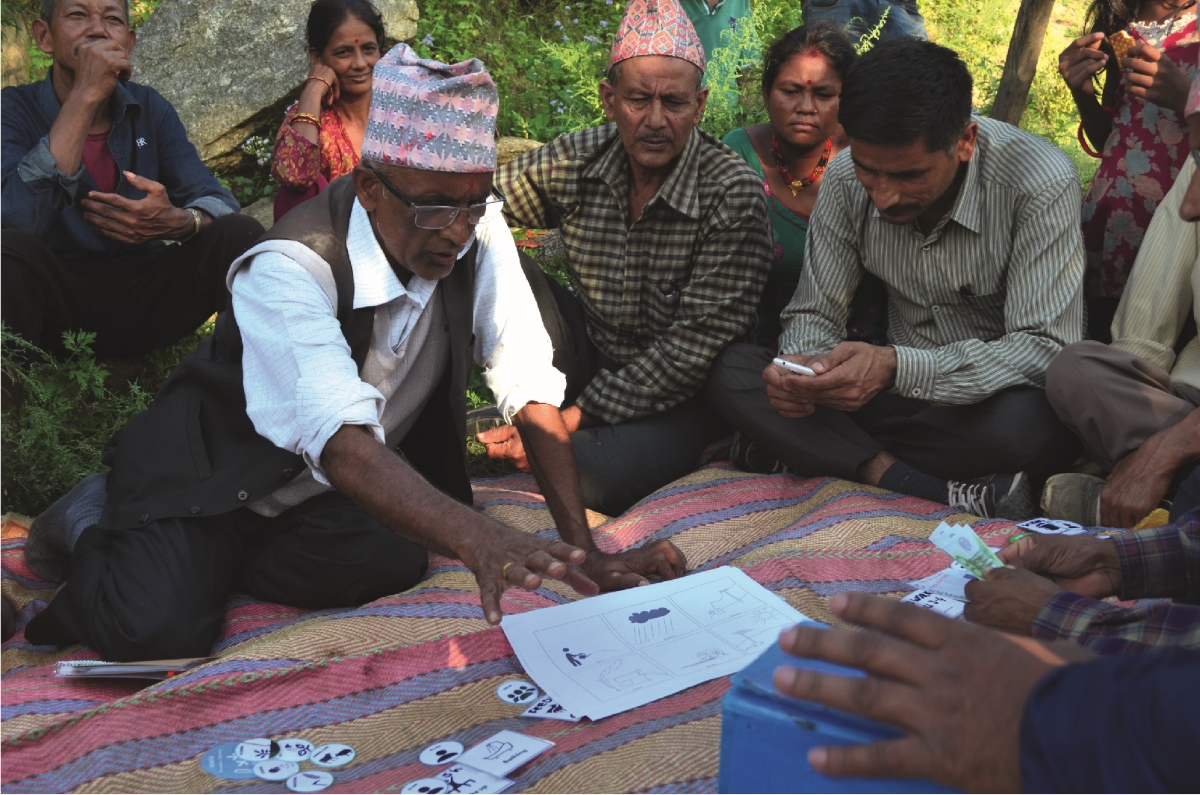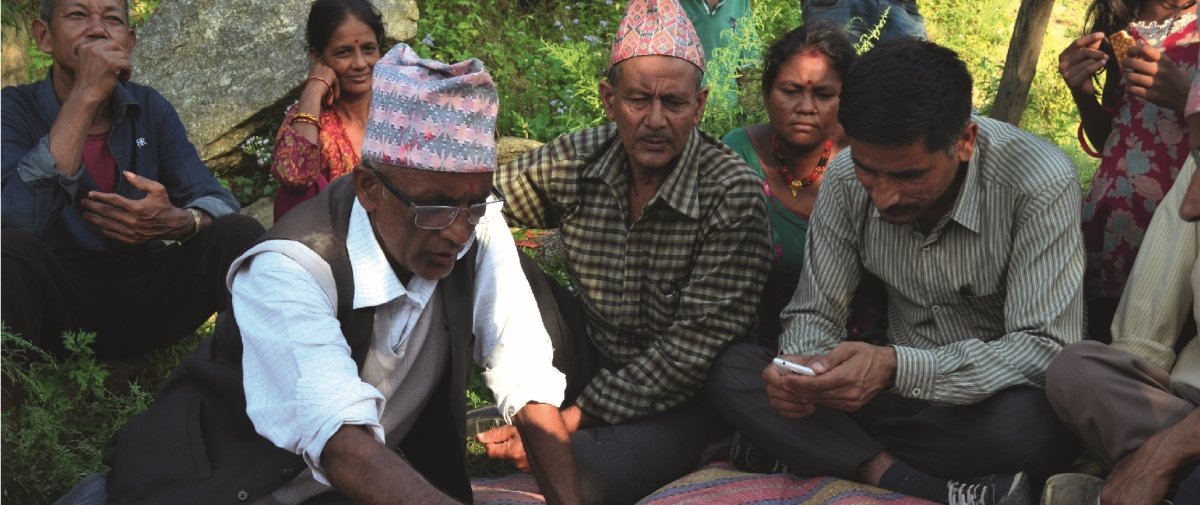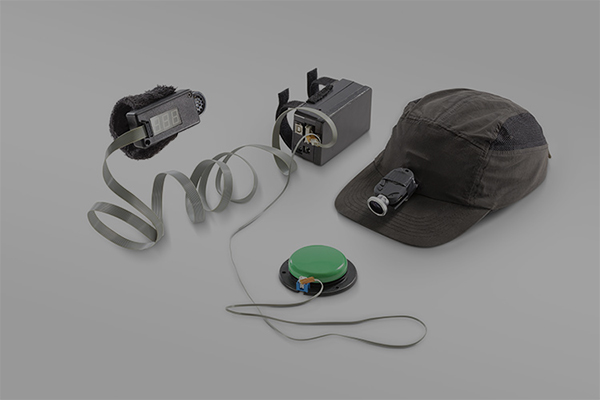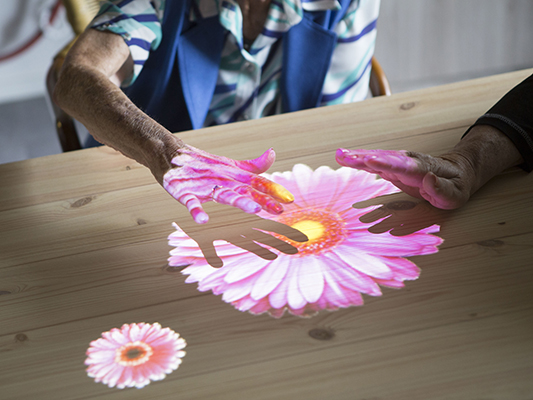The start-up company aQysta, located in YesDelft! And Nepal, developed a principle for a hydro-powered irrigation pump, that operates using solely the power it obtains from the river or stream it is placed in. Following this principle, they designed an irrigation pump which is currently on the market. We were asked to use their principle to design a pump for smallholder farmers located in the mid- and highlands of Nepal, as their current design is too expensive and unsuitable for the context of these small farmers.
Joint Master Project
Marloes Aben Joost Vette Eva van Genuchten Bart Lukkes Renate Hulst Annemiek van Boeijen (Coach) Henk Kuipers (Critic) YesDelft/aQysta (Company)
This is an example of a project in which the designers are unfamiliar with the culture they design for. There is a cultural chasm that they need to cross, but in advance it is uncertain how big this gap is. Therefore, the designers choose a holistic approach, which means that they tried to understand the context, and in particular the socio-cultural context, as well as possible (in the limited time they had), looking at their target context from different angles and with an open mind to avoid biases and limit their blind spots.
Social aspects, such as the roles of women and men, division of tasks and power, responsibilities and ownership, forms of cooperation with neighbours and other people in their neighbourhoods, were examined. This was needed, not only to determine what kind of product solution would be most acceptable and sustainable, but also to develop a business model that tunes with local values. In the end cultural understanding stimulated their creativity too.



